
It’s been a year since we published our first Impact Report — and over two years since we became a certified b corp interior designer. Reflecting on what we’ve achieved in that time has been encouraging. We’ve made real progress in how we work, how we measure impact, and how we stay accountable to our values.
At Boaz Studio, we’re committed to doing things properly — designing spaces that are considered, sustainable, and rooted in place. Over the past year, we’ve strengthened our approach to material sourcing, developed clearer sustainability tracking, and built stronger relationships with local suppliers, clients, and collaborators.
Being a small team means we stay close to every decision, and that’s helped us keep our work focused and responsive. There’s still more to learn and improve, but we’re moving in the right direction — and we’re proud of that.
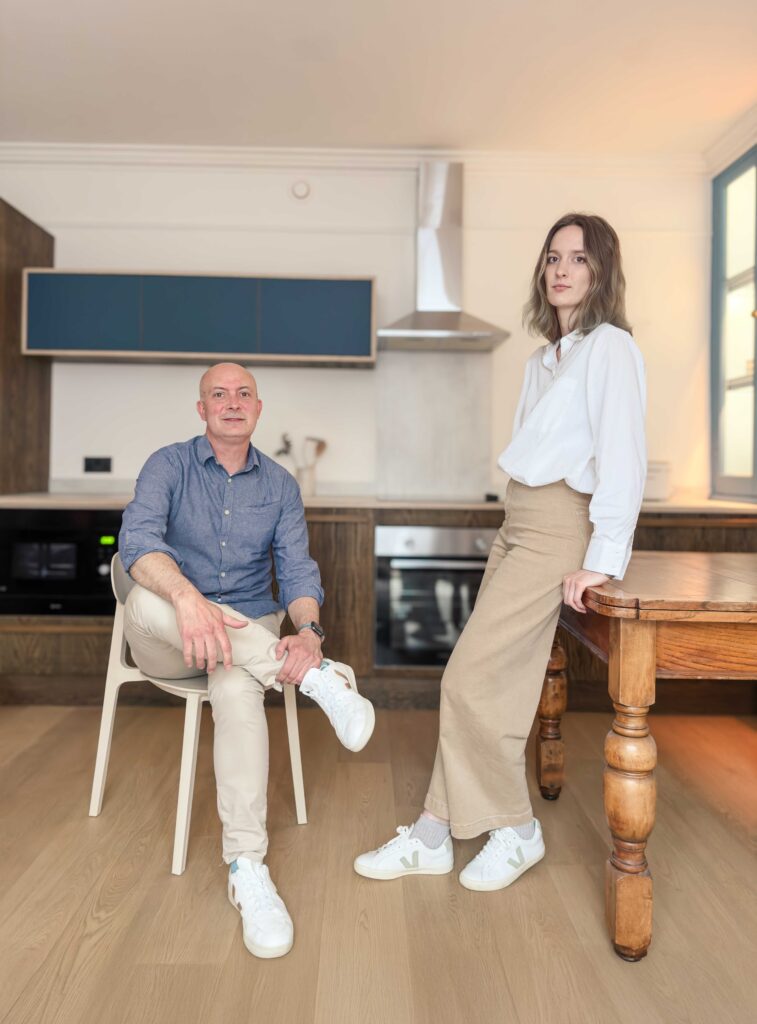
Certified B Corporations are businesses that meet the highest standards of social and environmental performance, accountability, and transparency. For us, becoming a b corp interior designer meant strengthening our business by aligning every decision — from materials to makers — with our core values of sustainability, education, and long-term impact.
Design influences the way we live, work, and feel. That’s why our studio is committed to creating spaces that are not only beautiful and functional, but also ethical, inclusive, and environmentally conscious.
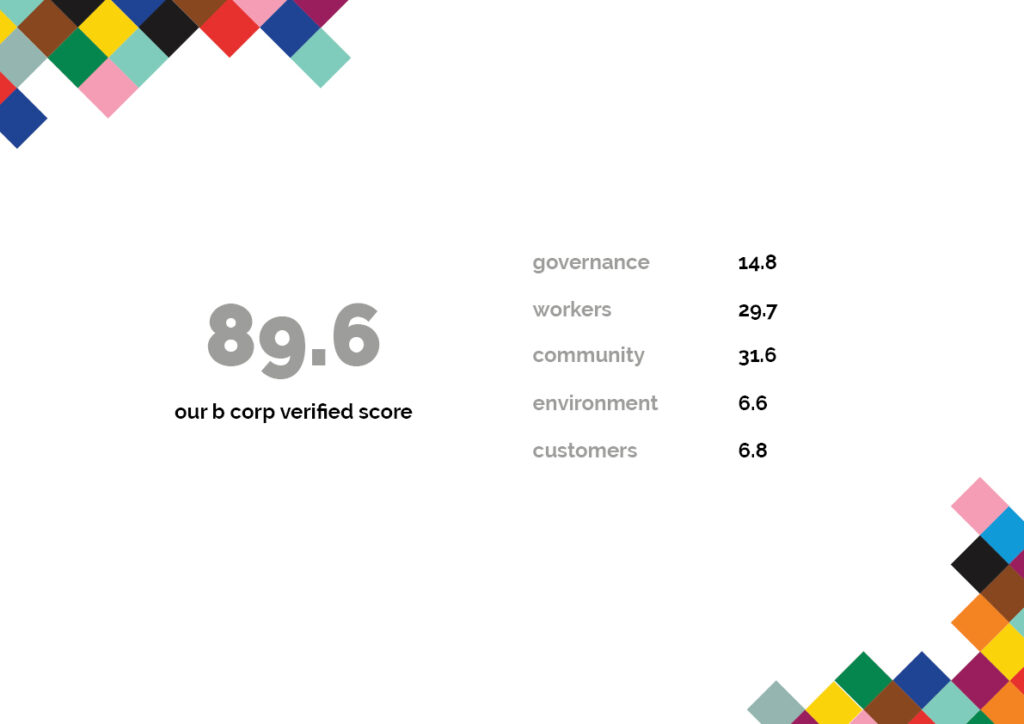
B Corp certification aligns closely with our core values of environmental and ethical sustainability, providing a rigorous framework to measure and improve our impact.
One important step this year was choosing the right ethical bank. After careful research, we settled with The Co-operative Bank, one of the UK’s most ethically driven banks. It refuses to fund fossil fuel extraction, arms manufacturing, or companies linked to human rights abuses. The bank has been beyond carbon neutral since 2007, uses 100% renewable electricity, and supports social enterprises, human rights campaigns, and biodiversity projects.
Our shared studio building has been upgraded with LED lighting and improved windows, while our landlord uses E.ON, a 100% renewable electricity supplier. Though E.ON has exposure to ESG risks, it demonstrates strong risk management.

As a team of two, open communication is vital. We’re intentional about honest check-ins, sharing challenges, and transparency in business decisions.
A highlight this year was Alice being named one of Cornwall Chamber of Commerce’s 30 Under 30 for 2024. It was in recognition of her creative talent and commitment to sustainability. We’ve both completed the carbon literacy course from the Carbon Literacy Project. We're always open to holding informal meetings to assess what’s working and how to support each other better.
We’ve increased procurement from Cornwall and Devon-based suppliers and deepened long-term relationships with local makers and contractors. We have engaged the community through free design workshops and guest lectures at local universities on sustainable design.
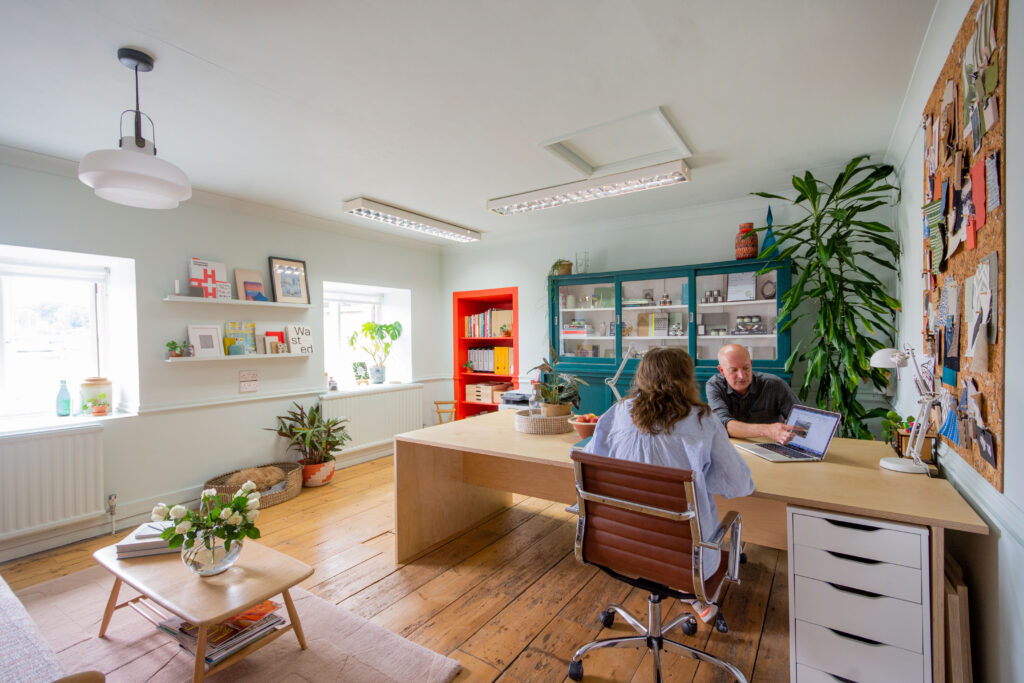
This year, we introduced a “mile radius from project” column in our specification schedules to track how far materials travel.
For example, a recent residential project in Plymouth sourced 75% of its furniture, fixtures, and equipment (FF&E) within a 50-mile radius — a milestone we’re proud of.
We expanded specification schedules to include certifications, health impacts, lifecycle recommendations, manufacturing processes, and fair labour practices. This data is shared with clients and contractors throughout projects and included in final handover packs for long-term reference.
Tracking our overall greenhouse gas emissions is tricky since we share studio space, so we focus on project-level environmental impact, starting with our source mile data. Our website hosting with Krystal also supports renewable energy use.
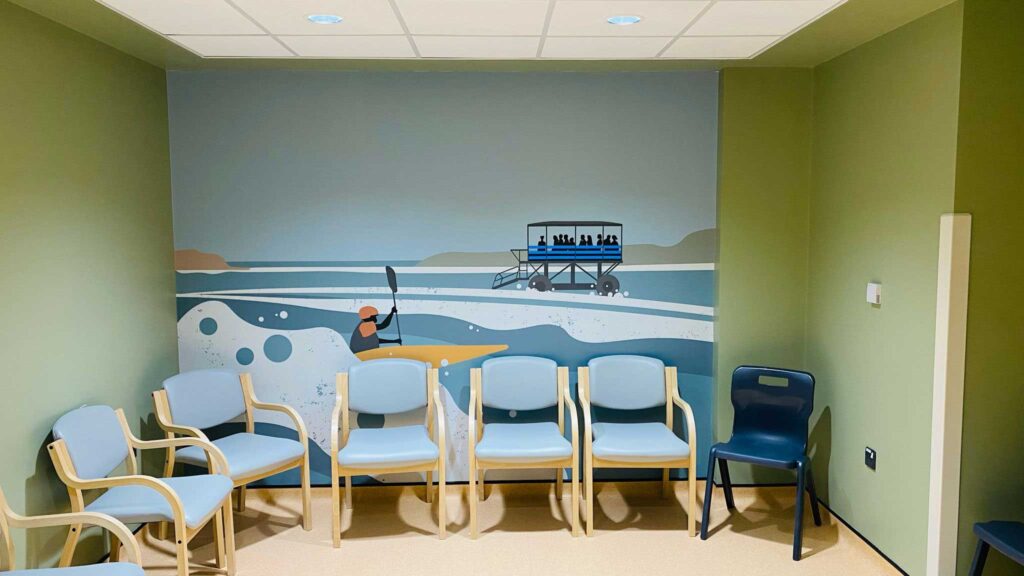
We introduced sustainability KPIs covering energy efficiency, water usage, ethical sourcing, waste management, and indoor air quality. These are integrated into our specification schedules so clients can see environmental and social considerations from start to finish, ensuring transparency about our goals, achievements, and areas for improvement.
Client feedback via Google reviews has praised our thoughtful design process, clear communication, and commitment to doing things properly — all of which inspires us to keep progressing.
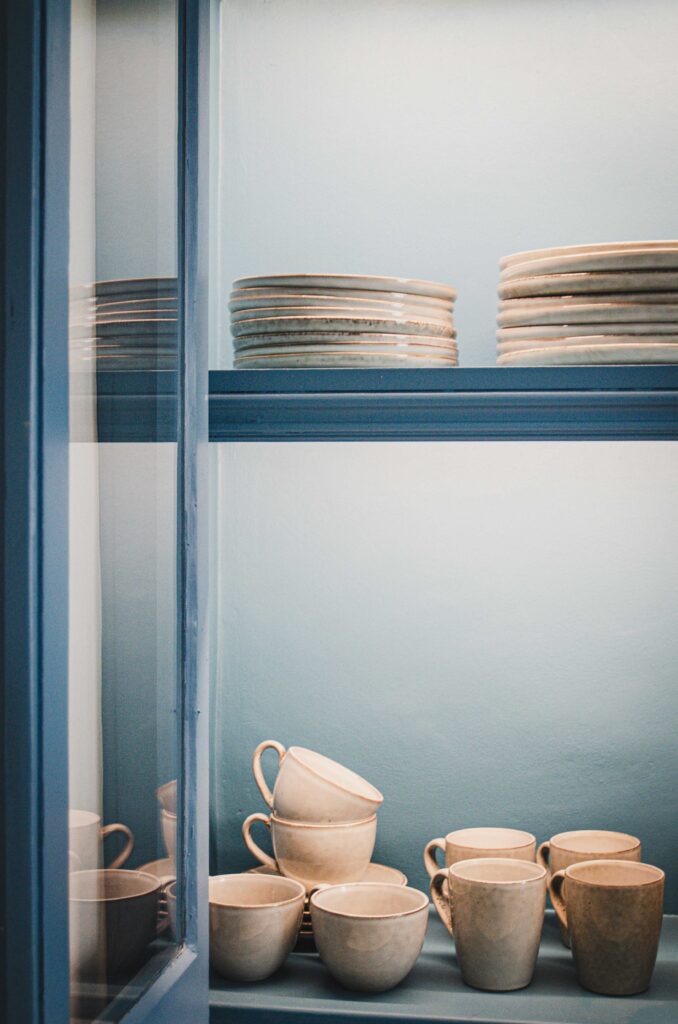
We’ve made solid progress this year — but there’s always more to do.
Over the next 12 months, we want to keep improving how we measure and communicate the impact of our work. That includes strengthening how we track and share the sustainability performance of our projects, with clearer KPIs and more consistent reporting.
We’ll continue prioritising local sourcing, aiming to increase the proportion of materials and products sourced within 50 miles of each site.
We’re also keen to continue our work in education and community spaces — from mentoring young designers to hosting more free workshops and open conversations about design, sustainability, and access.
We’ll formalise some of our internal systems to better support our work flow and resilience within our small team.
We’re excited to keep learning, growing, and making a positive impact together.


